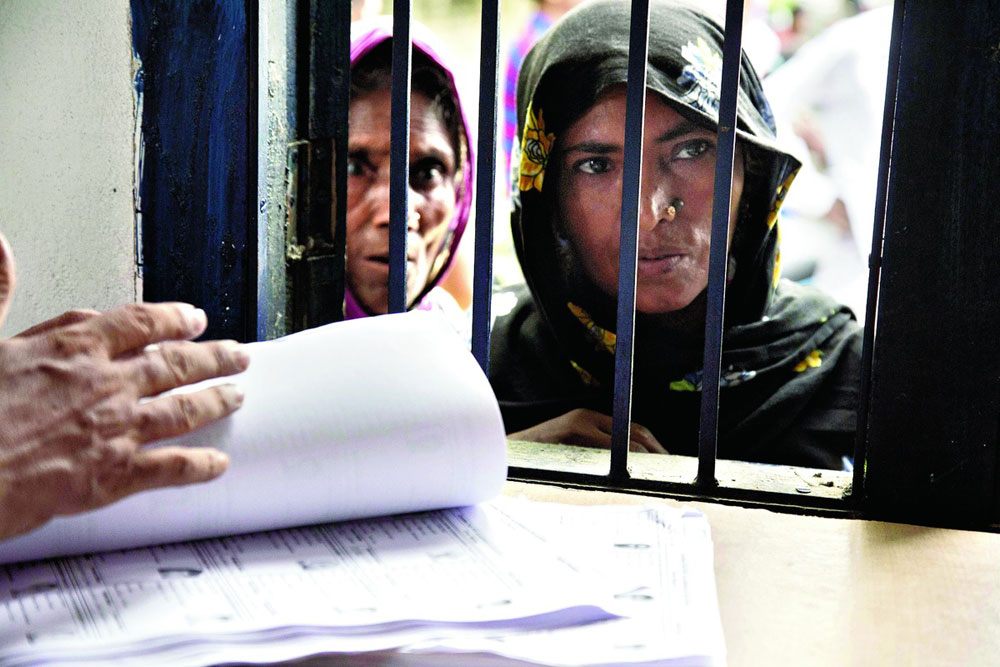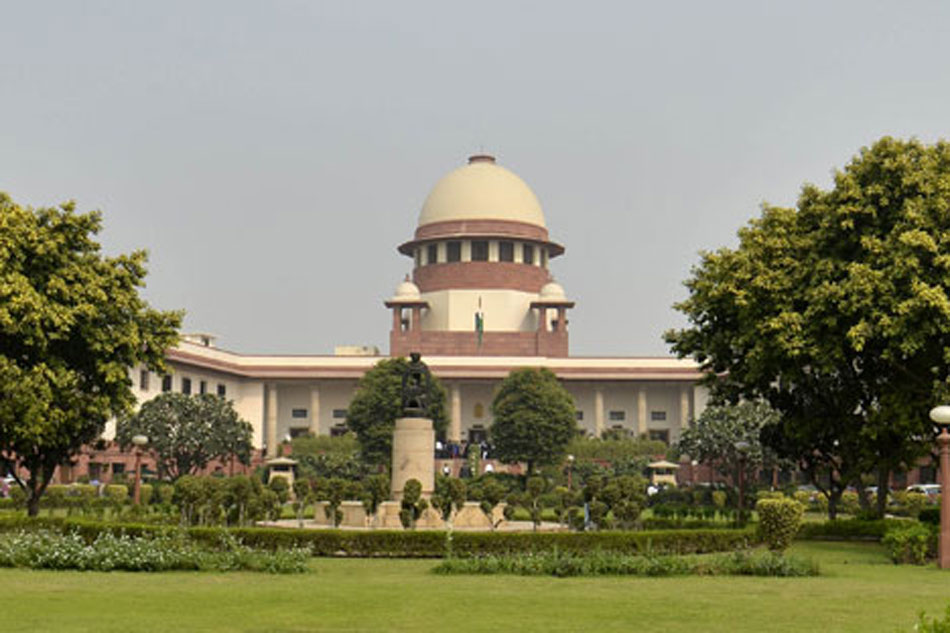Cracks in the Idea of India have, over the years, corresponded to fault lines pertaining to identity. These fissures widen, as they seem to be doing in Assam, on account of the politicisation of identity in a diverse society. Every political dispensation has demonstrated its peculiar skill at patronizing specific ethnicities and faiths. But the Bharatiya Janata Party — it is in power in Assam — deserves a special mention in this context because of its explicit double standards. The BJP has been pushing to implement the citizenship (amendment) bill — not just in Assam but the whole of India — which would make it easier for non-Muslims from neighbouring countries, including Bangladesh that shares a border with Assam, to acquire Indian citizenship. At the same time, the party is also seeking to consolidate its foothold in Assam with its agenda to purportedly flush out ‘illegal’ immigrants with the help of the National Register of Citizens. Both initiatives have a particular resonance in Assam where migration from Bangladesh, given the complex history of the subcontinent, is a sensitive issue. Indigenous constituencies, including the Asom Gana Parishad which is the BJP’s ally in government, have pointed out that the citizenship bill threatens the Assam Accord of 1985 that had recognized the anxieties concerning the threat to Assam’s demographic, linguistic and ethnic character from cross-border migration. The response to the recent bandh called by the AGP to protest against the citizenship bill was significant. That can only indicate a groundswell of support for the bill’s opponents.
But the BJP is soldiering on, apparently unaware of a fundamental contradiction. While promising to rid Assam of illegal settlers through the NRC — 40 lakh people, many of whom claim to be bona fide citizens, are now stateless — the BJP seems equally supportive of a mechanism, the citizenship bill, to open the borders to accept people of specific faiths from some nations, including Bangladesh. If the bill is eventually passed, one of the consequences in Assam would be the polarization of communities. There are fears that the Barak Valley may get pitted against the population in the Brahmaputra Valley. But then politicians are seldom mindful of such portents. Social divisions — religious, ethnic or otherwise — are treated as political capital in India. The BJP has no reason to ignore this pot of gold, no matter how dubious.



.jpg)









